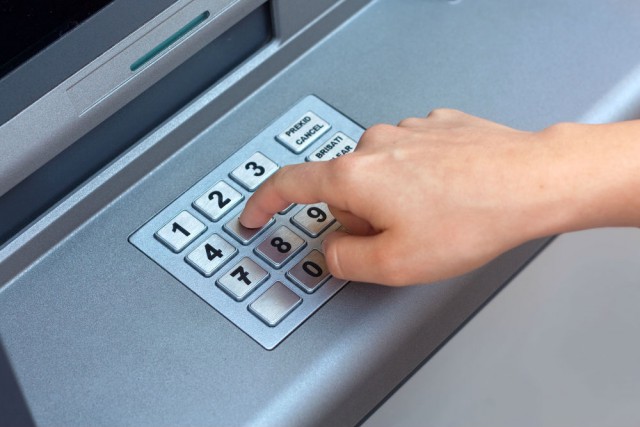
Why ATMs are easy to hack
Security researchers claim ATM machines are usually not that difficult for hackers to penetrate. Once they’re inside, they can steal money, or banking details from unsuspecting victims.
Now, researchers from Kaspersky Lab have investigated what makes ATMs such an easy target for hackers, and came to two conclusions: both software and hardware are easy to access and temper with.
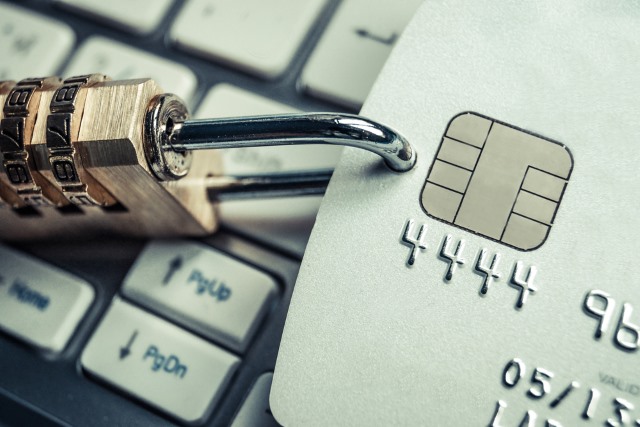
Chip-enabled cards lead to a decrease in fraudulent transactions in US
Credit and debit cards with embedded microchips have finally begun to become widely available in the US and, according to Visa, they have already prevented a great deal of fraud with some large merchants seeing an 18 percent decrease in counterfeit transactions.
The company noted that 25 merchants had suffered heavily from fraud in 2014. Five of them decided to begin processing credit and debit cards equipped with EMV (Europay, MasterCard and Visa) technology and this led to an 18.3 percent decrease in fraud. Another five of those merchants did not have the necessary equipment to utilize chip-enabled cards and as a result they saw a 11.4 percent increase in fraudulent transactions.

Telegram giving bot developers $1 million
If you need a great cross-platform chat solution, Telegram is one of the best. Not only does it work on Windows, iOS, and Android, but Linux-based desktop operating systems too, such as Ubuntu. Not to mention it offers encryption, but not for all messages by default, sadly.
Besides being available on many platforms, the company is constantly adding features, always making it better. In fact, Telegram is now putting up a million dollars for developers, in an effort to bolster its bot offerings. After all, bots are all the rage nowadays.

Pandora generates more than $2 billion in royalties
Back in the 90's, buying CDs was a passion of mine. Not only would I be knowledgeable about all of the release dates for my favorite artists, but I would go to midnight store-openings to buy them. Then, alone in my bedroom, I would listen to all of the discs and drift away.
Nowadays? Not so much. While I still adore music -- especially hip-hop tunes -- physical media is not part of the equation. Streaming media services are my gateway to music, and it is largely very satisfying. Apparently, I am far from alone in my love for streaming. Today, Pandora -- a very popular streaming service -- announces it has generated more than $2 billion in royalties for artists and songwriters. Yes folks, streaming is legit.

Apple could add paid search in App Store
In 2008 Apple debuted its App Store to help its users discover, purchase and download new apps for their iOS devices.
While the store has seen many tweaks and upgrades over the years it has yet to have a complete overhaul. Now the company has formed a secret team to explore changes to the store, including a paid search model that could cause quite the stir amongst app developers and the way iPhone and iPad users discover new apps.
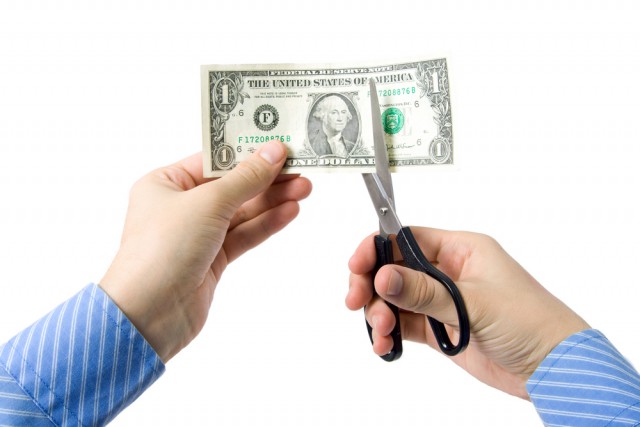
UK startups receive less in VC funding
Venture capitalists have scaled back the size and amount of their deals across the world and UK-based startups received less funding during Q1 2016 than in Q4 2015 as a result.
A new report from the analytics company CB Insights and the advisory firm KPMG Enterprise has revealed that, between January and March, startups in the UK were able to raise $1.3 billion across 105 deals. Across Europe as a whole venture capitalist (VC) funding totaled $3.5 billion across 338 deals. Thirty-six percent of all VC funding in Europe went to companies in the UK.
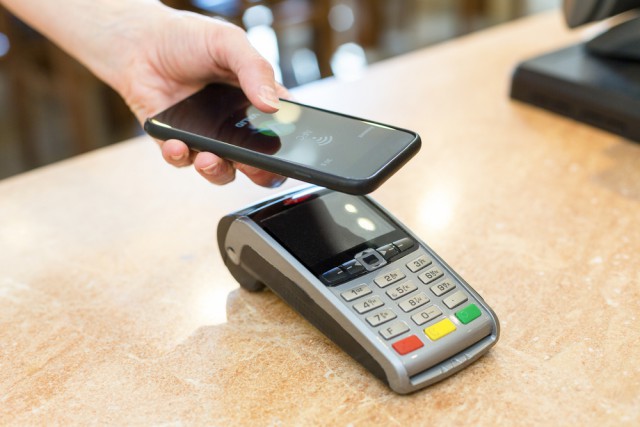
Contactless payments market to reach $95 billion by 2018
The global value of contactless payment market will reach almost $100 billion by 2018, a new study by market analysts Juniper Research says.
According to the research, entitled Contactless Payment: NFC Handsets, Wearables & Payment Cards 2016 - 2020, the market will hit $95 billion in two years, up from $35 billion in 2015.

Global IT spending will reach $3.49 trillion in 2016
IT spending, worldwide, will decline 0.5 percent this year, Gartner forecasts. The market analyst firm says this year’s forecast totals $3.49 trillion, down from $3.50 trillion which were spent in 2015. Last quarter’s forecast was 0.5 percent growth, and these new changes are mainly due to currency fluctuations, Gartner says.
"There is an undercurrent of economic uncertainty that is driving organizations to tighten their belts, and IT spending is one of the casualties", said John-David Lovelock, research vice president at Gartner. "Concurrently, the need to invest in IT to support digital business is more urgent than ever. Business leaders know that they need to become digital businesses or face irrelevance in a digital world. To make that happen, leaders are engaging in tough cost optimization efforts in some areas to fund digital business in others".
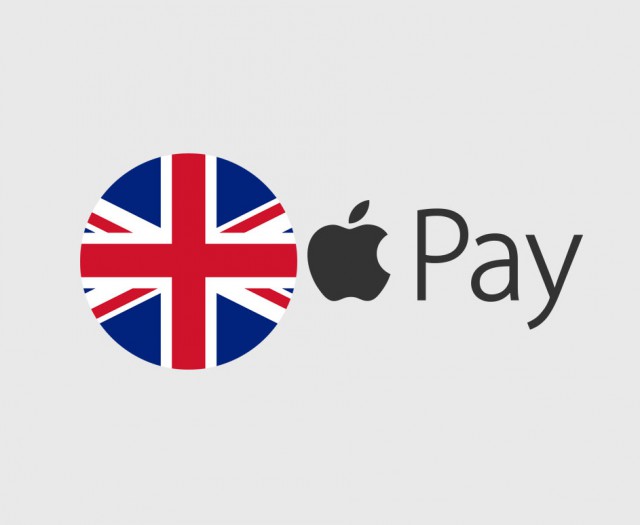
Barclays announces Apple Pay support
Apple Pay is now available to Barclaycard and Barclays customers, the bank has announced. "We are passionate about helping customers access services and carry out their day to day transactions in the way that suits them", said Ashok Vaswani, CEO of Barclays UK.
"As part of this, we have developed a range of digital innovations that allow people to choose how, when and where they bank and make payments. Adding to the existing choice, from today both Barclays debit and Barclaycard credit card customers can use Apple Pay to make payments with their Apple device across the UK".

Reducing costs is a growing priority for IT departments
IT departments in businesses across Europe are still focused on saving money, and not on adding value to the company, or innovating to support further growth. Those are the results of a new survey by Vanson Bourne on behalf of Claranet.
Polling 900 European IT leaders, it was unveiled that despite growing IT budgets, these departments are still looking to cut costs and save money. Today, 46 percent said reducing cost was the top priority, compared to 34 percent a year before. For 29 percent, new revenue streams were their core activity, and for 25 percent, that was increasing customer loyalty.
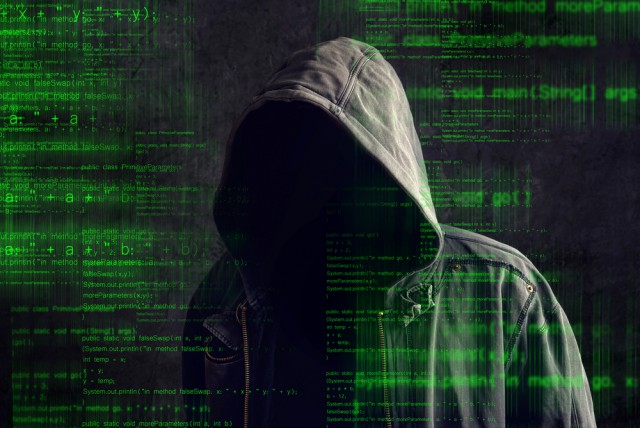
Mossack Fonseca hack exposes shady financial practices of world's rich and famous
One of the largest data breaches in history has resulted in the leak of eleven million confidential documents -- around 2.6TB of data -- from financial firm Mossack Fonseca, one of the most secretive companies in the world.
According to the BBC, the leaked documents reveal how "Mossack Fonseca has helped clients launder money, dodge sanctions and evade tax". The client list features some of the world’s richest and most influential people -- including 12 current or former heads of state -- and their irrepressible greed has now been laid out for all to see. The data shows how thousands of off-shore shell companies have been created in order to hide money from the tax man and also reveals "a suspected billion-dollar money laundering ring involving close associates of Russian President Vladimir Putin".
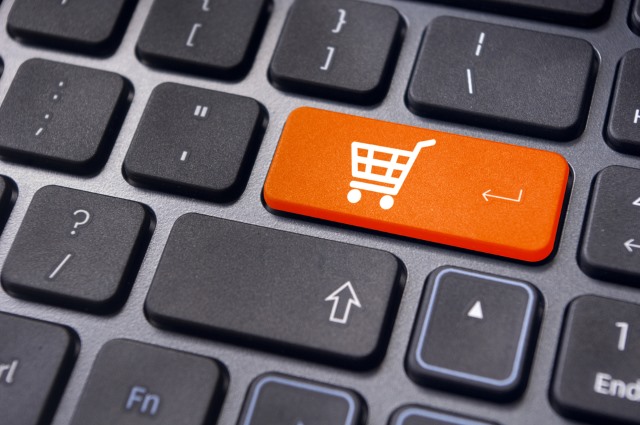
Consumers would trust PIN authentication for online transactions
Nine in ten (90 percent) of frequent online shoppers are confident that PIN is a good authentication method for mobile commerce transactions. Those are the results of a recent survey by myPINpad, provider of multi-factor authentication technology for touchscreen devices.
Following the survey, the company has released a new report, entitled PIN: From Brick to Click, which takes a closer look at the PIN, and if consumers are ready to use it on their smart devices the same way they use it, for example, at ATM machines.
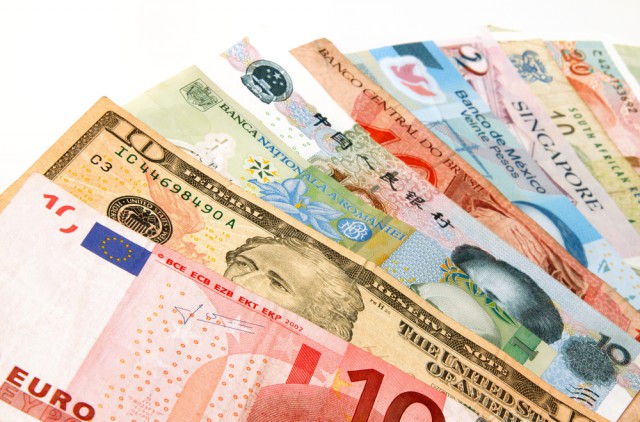
Brits would share their data with tech companies for financial gain
Brits would love to share personal data with companies, for the promise of monetary gain. Not only that, but they’d give companies access to their connected home habits, if that means they’d get paid for it.
Those are the results of The Global Internet of Things Smart Home Survey. Sixty-three percent would share data about their daily habits, 61 percent would give companies access to their connected home devices, and 77 percent would do it to get bonus tax credits.

IT budgets will mostly go towards buying mobile devices, security
IT budgets for businesses in the US will be mostly spent on security, and mobile devices allowing employees remote working, a new survey has shown.
According to a new survey by Wakefield, 30 percent of US businesses will spend most of their IT budgets on network and data security, and 28 percent will spend it on mobile devices allowing employees to work remotely.

Equity crowdfunding finally arrives May 15: Curb your enthusiasm
Back in the spring of 2012 Congress passed the Jumpstart Our Business Startups Act (the JOBS Act) to make it easier for small companies to raise capital. The act recognized that nearly all job creation in the US economy comes from new businesses and attempted to accelerate startups by creating whole new ways to fund them.
The act required the United States Securities and Exchange Commission (SEC) by the end of 2012 to come up with regulations to enable the centerpiece of the act, equity crowd funding, which would allow any legal US resident to become a venture capitalist. But the regulations weren’t finished by the end of 2012. They weren’t finished by the end of 2013, either, or 2014. The regulations were finally finished on October 30, 2015 -- 1033 days late.
